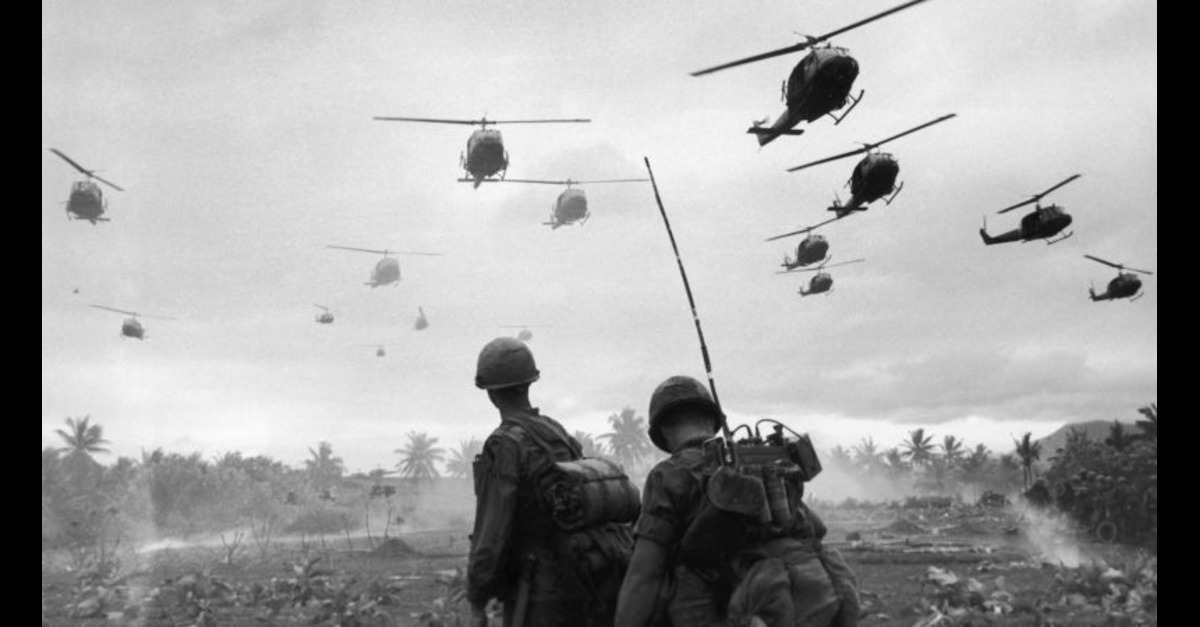INTRODUCTION
A major legal dispute was initiated by the civilian victims of the Vietnam War. This was brought forth through a suit filed against the Republic of Korea for committing various war crimes through the South Korean forces during their military involvement in Vietnam between 1964 and 1973. The case is attracting interest in the international, legal and diplomatic circles as it put forth a very fundamental question regarding the limits of the sovereign immunity, responsibility for past atrocities, and legal remedies available for the civilian victims of war. The case is being pursued in a domestic court and its implications transcend borders and relates to the universally accepted principles of international humanitarian law.
BACKGROUND
The Vietnam War involved more than 300,000 South Korean troops deployed in tandem with the American troops. Throughout this time, there were various reports of South Korean war crimes such as mass killings, rape, and burning villages and these were committed by the South Korean troops. These accusations, although in the past are rejected or dismissed by the official sources and have re-emerged through survivor accounts, media research, and citizens’ group activism.
The only question of law in this scenario is whether or not the Republic of Korea can be held liable in a foreign court for actions of its soldiers as part of war operations within a foreign territory.
Historically, states have been immune to such behaviour through the principle of sovereign immunity which excludes them from civil or criminal prosecution in a foreign court. But the plaintiffs contend that there are exceptions where the conduct is in direct violation of international law and these violations include war crimes and crimes against humanity.
KEY POINTS
The sovereign immunity principle is a foundation of foreign affairs and is safeguarded by customary international law. Exceptions to the principle have since emerged, notably in relation to international crimes against jus cogens norms—legal principles so fundamental that no derogation may be permitted.
The present claimants argue that such acts of indiscriminate killings of civilians, sexual abuse, and torture during war are not included under sovereign immunity. They argue that these acts not only were forbidden by the Geneva Conventions that regulated the conduct of armed forces during that time, but were also against universally accepted human rights and dignity principles.
Conversely, South Korea’s attorneys will contend that the nation is entitled to immunity from prosecution for activities undertaken in the context of official armed forces activities, especially where there is no express waiver and international adjudication. They can also object to the admissibility of the evidence and challenge the jurisdiction of the court to hear incidents that happened years ago and beyond the territorial jurisdiction of the court.
RECENT DEVELOPMENTS
The suit, brought in a regular Vietnamese court, has captured global attention for the delicacy of the issues involved and because it could have the effect of establishing a precedent. At a recent hearing, witnesses testified about alleged atrocities against people in Quang Nam and Binh Dinh provinces, where hundreds of estimated civilians, children and women among them, were said to have been massacred.
Notwithstanding the lapse of over half a century, survivors have contended that the injury endured is ongoing and that delay in justice should not be tantamount to justice denied. Their lawyers stressed that war crimes, by the nature of things, are imprescriptible and excluded from regular time limitations.
Commentators have suggested that the case can generate diplomatic friction between Vietnam and South Korea, especially if the latter declines to submit to the jurisdiction of the court or to collaborate with the case. Secondarily, any unfavorable verdict against South Korea would not be enforceable under international law except on a voluntary basis, adding yet another legal and practical barrier to the plaintiffs.
CONCLUSION
The current case of the Vietnam War survivors suing South Korea is a complicated blend of international law, war-era accountability, and human rights.
It is a reminder that the legacy of war continues for the long term, and the legal space that envelops mass atrocities in war-torn areas. The outcome of the case will be keenly observed, not only because of its legal implications but also because of the ethical lesson that it can convey on the duty of states toward their war civilian victims. This judicial exercise, whatever its ultimate outcome, has already served to place the significance of post-conflict justice into context. It highlights the need for states to face up to the darker pages of their own military pasts and reaffirms the universal principle that no action, no matter how distant in the past, which offends against the elementary principles of humanity should go unpunished.
“PRIME LEGAL is a full-service law firm that has won a National Award and has more than 20 years of experience in an array of sectors and practice areas. Prime legal falls into the category of best law firm, best lawyer, best family lawyer, best divorce lawyer, best divorce law firm, best criminal lawyer, best criminal law firm, best consumer lawyer, best civil lawyer.”
WRITTEN BY LALITHA SASANKA G


